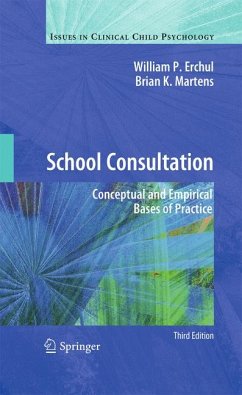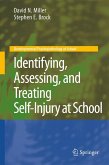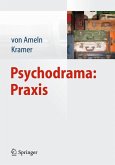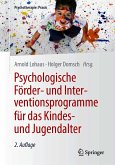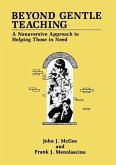The Third Edition of School Consultation: Conceptual and Empirical Bases of Practice shows in expert detail how this relationship works by synthesizing mental health and behavioral models of consultation with the most effective evidence-based practices (e.g., implementation support, response to intervention) informing the field today. The authors provide real-world contexts for all participants in the equation-consultants, teachers, students, staff, and the school itself-and thoroughly review consultation processes and outcomes for a contemporary practice-oriented approach suited to the new consultant, trainee, or researcher.
Key features of the Third Edition include:
- An integrated mental health/behavioral model for school consultation.
- An organizational study of the school as a setting for consultation.
- Assessment issues and strategies particularly relevant to school consultation.
- Approaches to providing teachers with implementation support.
- Conceptual models for selecting academic and behavioral interventions.
- Administrative perspectives on school consultation.
- A real, transcribed case study analyzed by the authors.
In the tradition of its predecessors, School Consultation, Third Edition, is a confidence-building tool for practitioners in school psychology, clinical child psychology, educational specialties, school counseling, special education, and school social work as well as a trusted reference for researchersin these fields.
Dieser Download kann aus rechtlichen Gründen nur mit Rechnungsadresse in A, B, BG, CY, CZ, D, DK, EW, E, FIN, F, GR, HR, H, IRL, I, LT, L, LR, M, NL, PL, P, R, S, SLO, SK ausgeliefert werden.
"Psychologists have become essential consultants in the school system and, although programs have taken root to train behavioral health professionals to work in the school system, this book provides a different approach to effectively administering that role. The intention is to instruct novice psychologists in the art and science of the unique consultant role they will play in the school system. ... intended mainly for school and child clinical psychologists, but also for other clinical or developmental psychologists, school social workers, and special educators." (Christopher J. Graver, Doody's Review Service, September, 2010)

